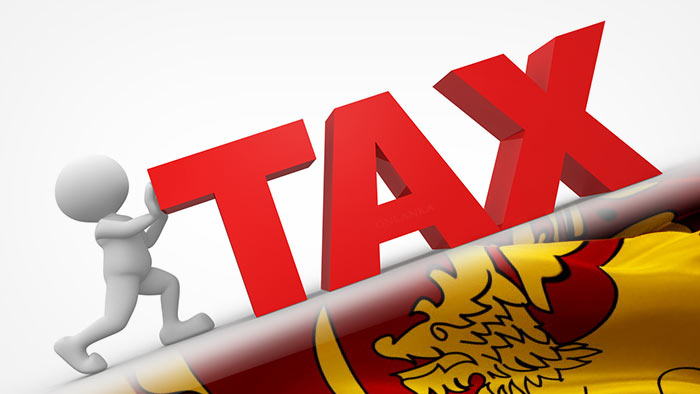Sri Lanka government proposes personal income tax relief

The Sri Lankan government has announced proposed changes to the Personal Income Tax (PIT) structure as part of its ongoing efforts to support economic recovery and ease the burden on mid-level income earners.
These adjustments, designed to maintain fiscal responsibility while providing relief to those most affected by the tax reforms introduced in early 2023, were outlined in a Cabinet Memorandum following discussions with the International Monetary Fund (IMF).
The original tax reforms, introduced in mid-2022, were part of a broader strategy to increase government revenue in response to the country’s economic crisis.
Under the Extended Fund Facility (EFF) programme with the IMF, Sri Lanka has committed to achieving a primary budget surplus of 2.3% of GDP by the end of 2025, requiring significant tax revenue increases, targeting 14% of GDP by 2025.
Initially, the tax-free threshold was set at Rs. 1.2 million per annum, with tax bands of Rs. 500,000 each and a marginal tax rate of 6%, up to a maximum of 36%.
However, due to public demand for relief, particularly for middle-income earners, the government re-engaged in negotiations with the IMF in mid-2024, as the country began meeting its fiscal targets.
The proposed changes include increasing the tax bands from Rs. 500,000 to Rs. 720,000, while keeping the tax-free threshold at Rs. 1.2 million and maintaining the marginal tax rates, including the top rate of 36%.
These adjustments are expected to take effect in April 2025, following amendments to the Inland Revenue Act, No. 24 of 2017.
This proposal primarily focuses on providing relief to those in the middle tax bands, where the burden is most significant. For instance, an individual earning Rs. 150,000 per month would see a 14% reduction in their tax burden, while higher income earners would experience more limited relief.
The overall revenue impact of this adjustment is estimated at 0.07% of GDP, a figure that has already been incorporated into discussions with the IMF through compensatory measures, including revenue from vehicle import liberalization in 2025.
President Ranil Wickremesinghe, also serving as the Minister of Finance, emphasized that these proposed amendments aim to balance the need for fiscal discipline with the public’s demand for relief, particularly for mid-level earners.
The Cabinet is expected to approve the drafting of amendments to the Inland Revenue Act, with the changes set to take effect from April 2025.

Latest Headlines in Sri Lanka
- UN pledges support for Sri Lanka’s industrial and SME development March 13, 2025
- Former Boossa Prison Superintendent shot dead in Akmeemana March 13, 2025
- Police search Sagala Ratnayaka’s residence amid hunt for IGP Deshabandu Tennakoon March 13, 2025
- Another Middeniya triple murder suspect arrested at BIA while fleeing March 13, 2025
- Court of Appeal to rule on IGP Tennakoon’s arrest warrant on March 17, 2025 March 12, 2025


